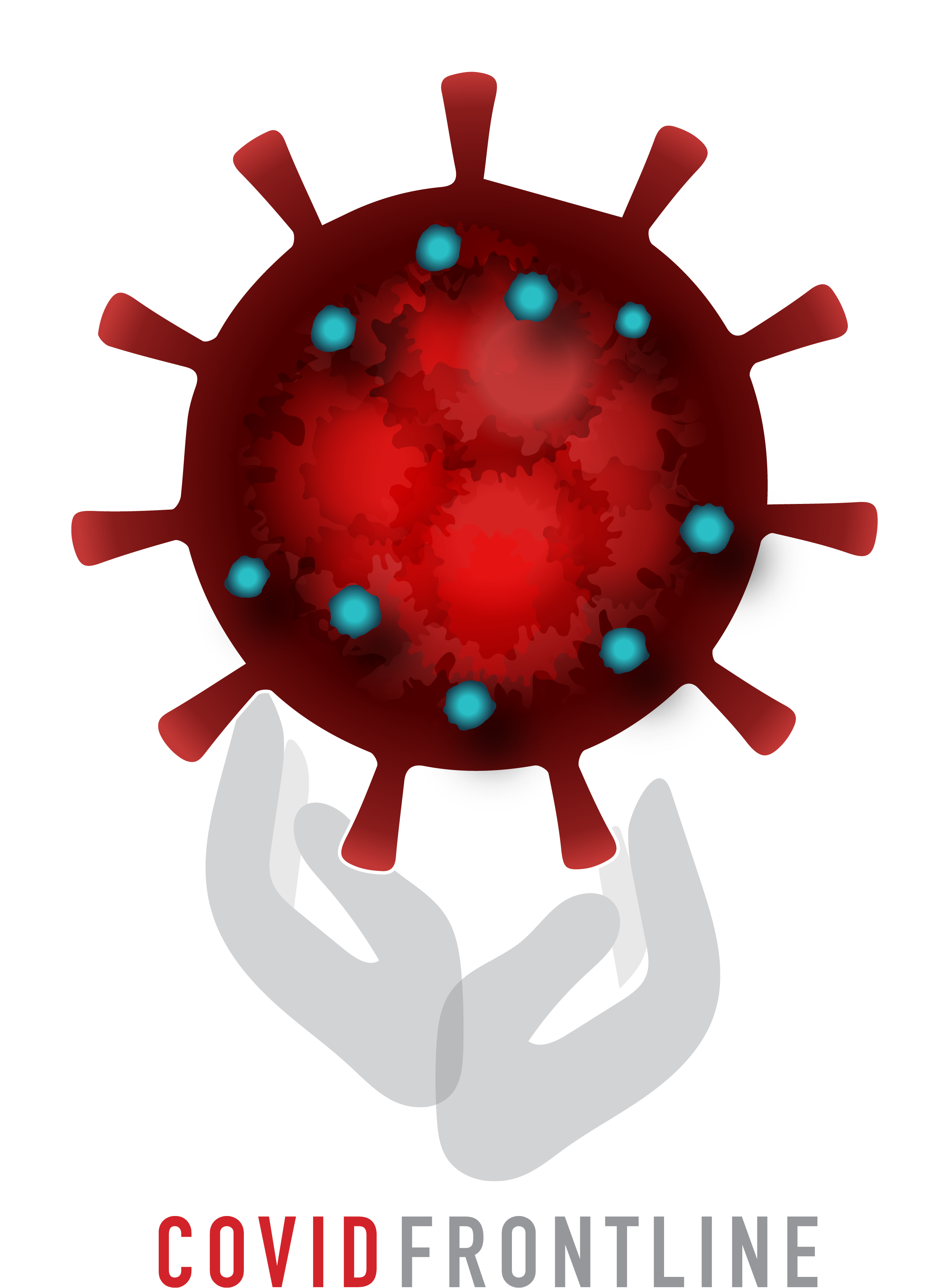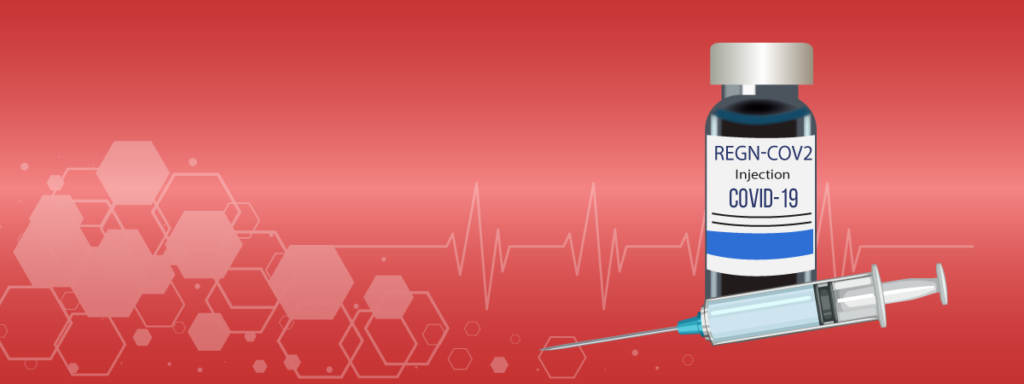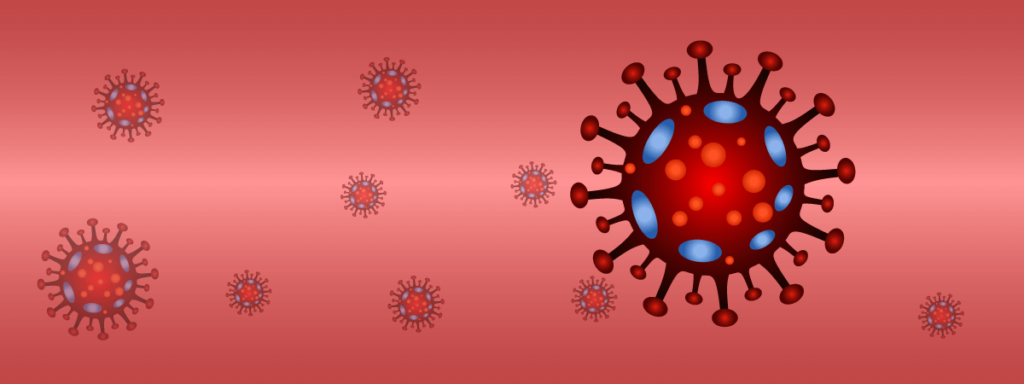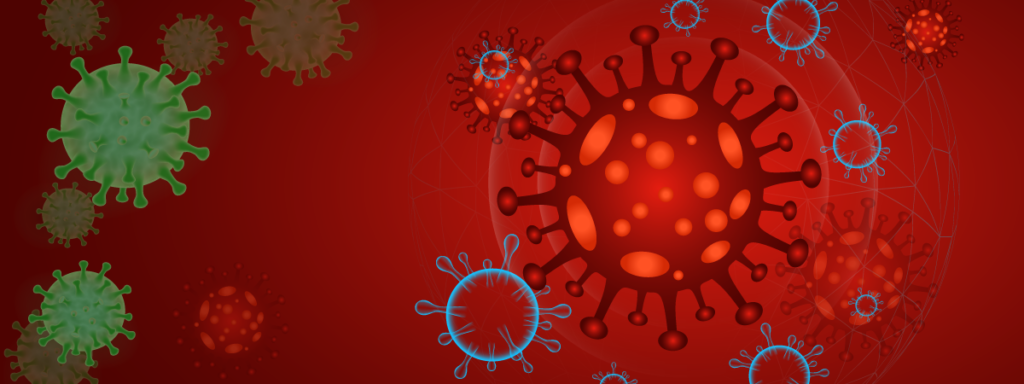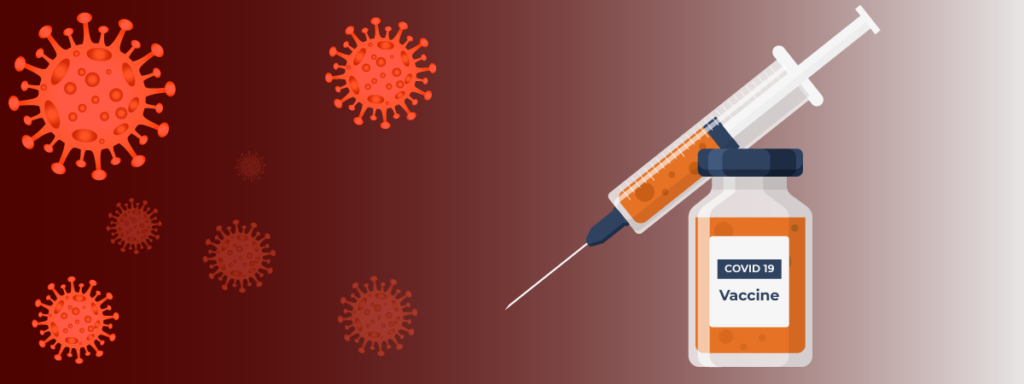EUA Granted for Monoclonal Antibody for Hospitalized People With COVID-19
The monoclonal antibody, tocilizumab, blocks the interleukin-6 (IL-6) receptor and reduces inflammation caused by an overactive immune reaction to COVID-19. It was granted Emergency Use Authorization (EUA) by the U.S. Food and Drug Administration (FDA) on June 24, 2021. The EUA applies to adults and pediatric patients hospitalized with COVID-19 and who are receiving systemic […]
EUA Granted for Monoclonal Antibody for Hospitalized People With COVID-19 Read More »
